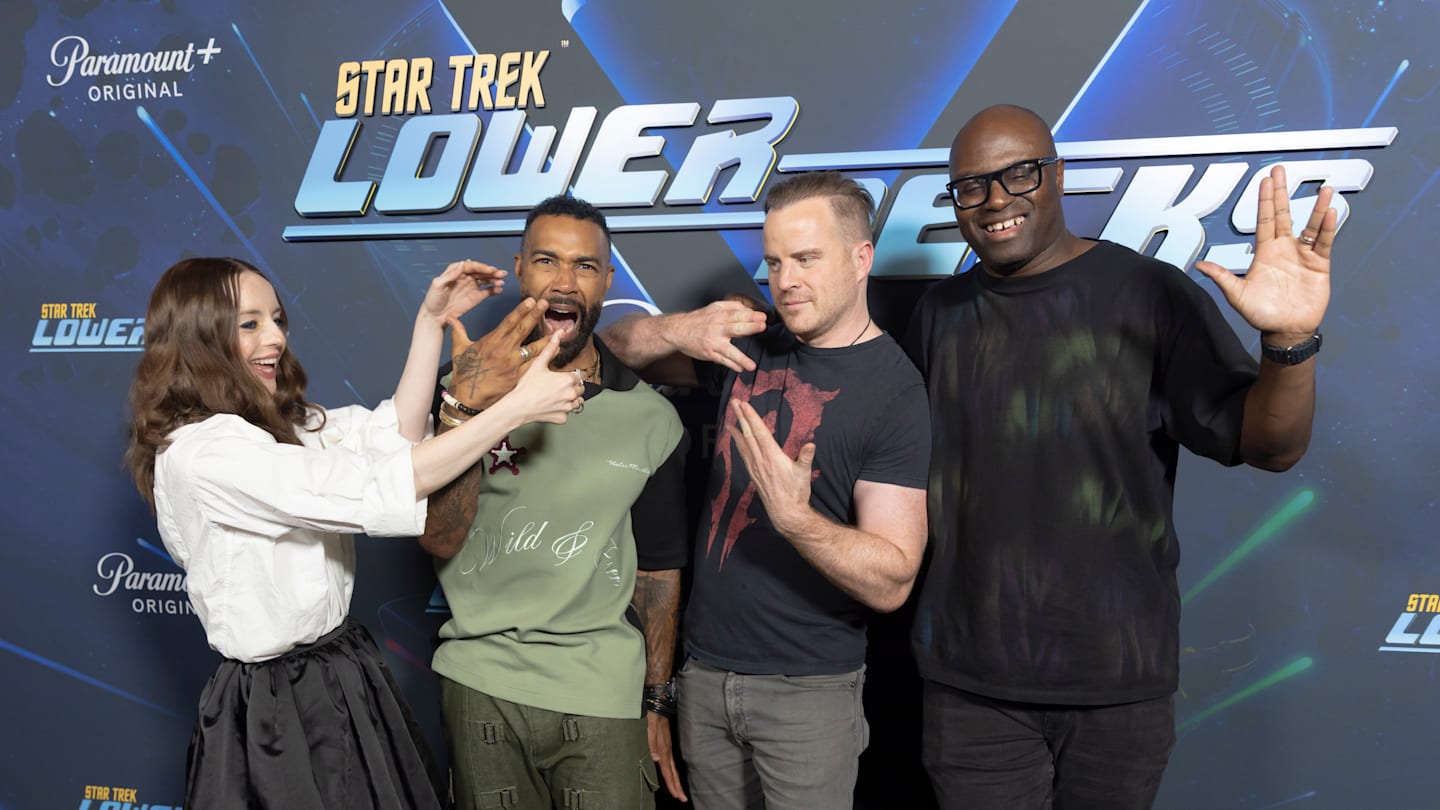
As a lifelong Star Trek enthusiast with memories of the original series etched deeply into my childhood, I find myself at a crossroads with the upcoming film, Star Trek: Section 31. The promotional materials for this movie seem to be spinning a tale that defies the very essence of what Section 31 represents in the Star Trek universe – a group of shadowy figures who operate outside the law and often act as the antagonists.
It appears that no matter the approach taken in the movie, Star Trek: Section 31’s marketing and hype will persistently challenge traditional lore. Director Olatunde Osunsanmi described the story as both enjoyable and inspiring, which seems questionable given it’s an origin tale of a covert and often morally ambiguous group known for unjustified killings, torture, and being generally portrayed as antagonists across the Star Trek universe. It’s difficult to imagine how this narrative can be seen as enjoyable or inspiring in light of these actions.
In the movie, Section 31 isn’t intended to be portrayed as heroic. Instead of being charming, amusing, or likable, they’re depicted as deeply corrupt. These characters are extremists who will rationalize their methods as long as the outcome aligns with their goals. Essentially, they embody the characteristics of terrorists.
As a passionate fan, I can’t help but feel misled by the promotional strategies surrounding this group. It seems like they’re trying to sanitize their image and core idea in every ad. It’s disappointing that they’re marketing the film as a ‘Star Trek version of Guardians of the Galaxy.’ What makes it even more troubling is the manipulation of history to suit the storyline.
Rob Kazinsky, who plays in Section 31 on Star Trek, recently spoke about this clandestine organization at the New York Comic Con panel. During his talk, he attempted to portray Section 31 as the unsung heroes within the Federation, stating that they are crucial figures who work behind the scenes for the greater good.
The reason the Federation can exist in this optimistic, utopian idea is because of Section 31, because of people like us… And the idea is actually just an expansion of the universe. It’s not not a negative thing within the Star Trek universe. I do think that to make the general universe even more believable, even more real and even more important, you actually have to show the Section 31 of it all.
As a devoted fan, I often find myself questioning the actions of Section 31 when they appear on screen. Just like political parties and monetary systems from our 20th and 21st centuries, espionage seems less relevant in the universe we see in Star Trek. It’s as if the cosmos has surpassed such ideas by the time Starfleet was established.
To put it simply, it’s generally understood that spying is an action directed towards Starfleet, not something Starfleet engages in itself. Given the advanced technology and the partnerships built through hardship, it feels somewhat outdated to have a Section 31 existing at all.
If you were planning to create a film about such an abhorrent group, the very minimum you should have done is portray them as despicable and reveal the terrifying nature of their actions, not whitewash them by presenting these individuals as charming outlaws with noble intentions.
Read More
- Clash Royale Best Boss Bandit Champion decks
- Vampire’s Fall 2 redeem codes and how to use them (June 2025)
- Mobile Legends January 2026 Leaks: Upcoming new skins, heroes, events and more
- M7 Pass Event Guide: All you need to know
- Clash Royale Furnace Evolution best decks guide
- World Eternal Online promo codes and how to use them (September 2025)
- Clash Royale Season 79 “Fire and Ice” January 2026 Update and Balance Changes
- Best Arena 9 Decks in Clast Royale
- Clash of Clans January 2026: List of Weekly Events, Challenges, and Rewards
- Best Hero Card Decks in Clash Royale
2024-11-09 02:23